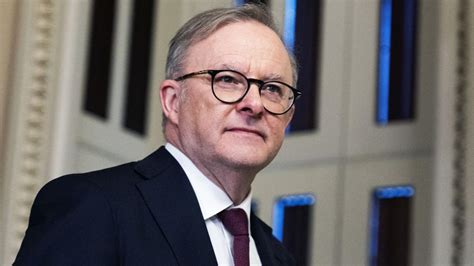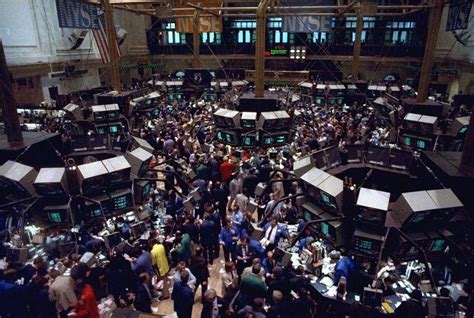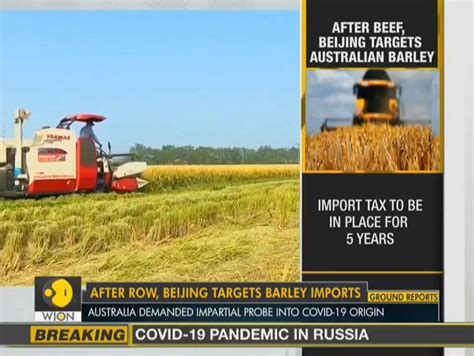Anthony Albanese, a prominent figure in Australian politics, has recently voiced concerns regarding the potential negative impact of President Donald Trump’s tariffs on the country’s superannuation funds. The repercussions of these tariffs have sent shockwaves throughout global trade, causing turmoil in financial markets worldwide.
Reaching Out to the White House
Albanese revealed that Australia has initiated communication with the White House to address the 10 per cent tariff imposed by Trump. This move underscores the significance of maintaining diplomatic channels amid economic uncertainties.
As stock markets experienced a significant downturn following Trump’s tariff announcements, investors and superannuation members faced substantial losses. The Australian dollar plummeted below 60 cents while $160 billion was swiftly wiped off the ASX within moments of trading commencing. Such rapid market fluctuations reflect growing apprehensions about the stability of global economies.
The Global Financial Fallout
The repercussions extended far beyond Australia, with nearly $9 trillion being erased from Wall Street post-announcement. This drastic market decline marked one of the most substantial downturns since the onset of the Covid pandemic, underscoring widespread anxiety among investors globally.
Trump’s decision to levy tariffs ranging from 10 per cent to 50 per cent on imported goods not only disrupted US trade dynamics but also reverberated across international markets. Countries worldwide found themselves grappling with the economic implications of these policy shifts.
Concerns for Australian Superannuation
Expressing his worries during a campaign event in Melbourne, Albanese emphasized that Australians’ superannuation funds were directly impacted by these developments due to their investments in shares affected by market volatility. The ongoing dialogue between Australia and Washington highlights efforts to mitigate potential financial risks arising from escalating trade tensions.
While Australia managed to secure a relatively lower 10 per cent tariff compared to other nations, Albanese criticized this imposition as unjustified given Australia’s lack of tariffs on US imports. Such disparities underscored challenges in navigating complex international trade relations amidst evolving economic landscapes.
Navigating Uncertain Terrain
Amidst mounting concerns over global trade disruptions, British Prime Minister Keir Starmer remarked on a shifting geopolitical landscape signaling an end to traditional notions of globalization. His sentiments echoed Albanese’s observations on navigating uncertain times characterized by economic unpredictability and fluctuating market conditions.
Albanese reiterated his concerns about the adverse effects on stock markets linked to Trump’s tariff policies during discussions held in Melbourne. These dialogues underscored shared apprehensions surrounding global economic stability and highlighted collaborative efforts aimed at safeguarding national interests amid evolving trade dynamics.
President Trump defended his administration’s tariffs despite their tumultuous impact on world markets, asserting that such measures were essential remedies for addressing longstanding trade imbalances caused by previous governmental oversights. In light of contrasting viewpoints regarding tariff efficacy, ongoing debates persist around striking a balance between protecting domestic industries and fostering international economic cooperation.
In conclusion, Anthony Albanese’s apprehensions regarding President Trump’s tariffs shed light on broader conversations surrounding economic interdependence and financial vulnerabilities in an increasingly interconnected world. As nations navigate evolving trade dynamics and geopolitical complexities, proactive engagement and strategic decision-making remain paramount in safeguarding long-term economic prosperity and stability.









Leave feedback about this